Highs and lows for tech in 2013
Bruised BlackBerries, fun with 4K and how The Terminator's coming true
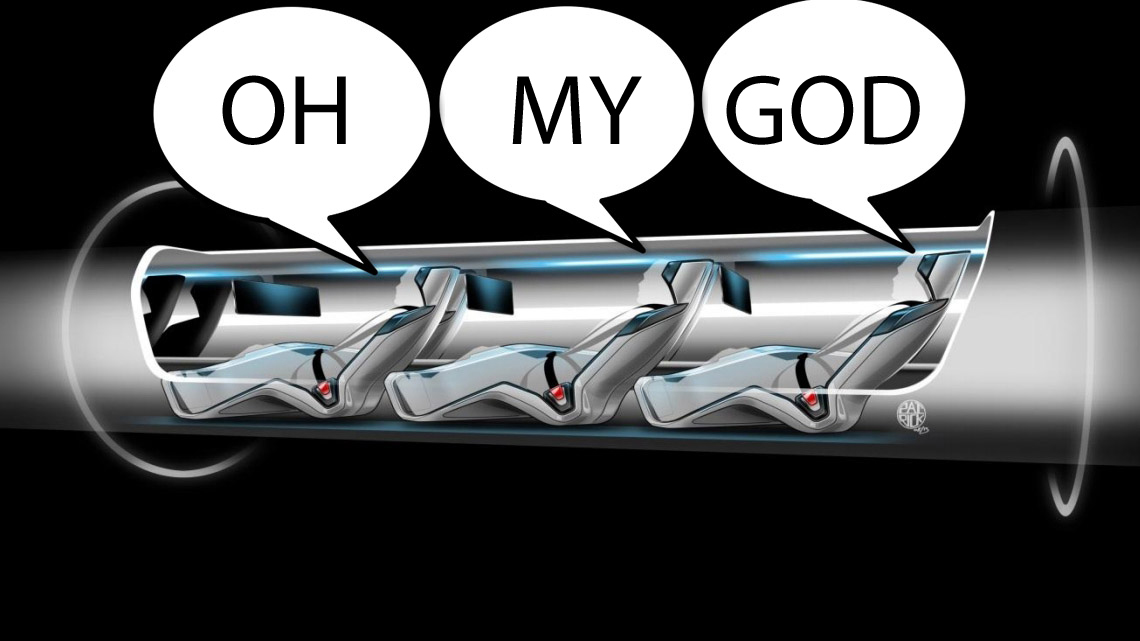
Sign up for breaking news, reviews, opinion, top tech deals, and more.
You are now subscribed
Your newsletter sign-up was successful
You can't say 2013 was boring. This year we saw the end of empires and what looks awfully like the beginning of Skynet. BlackBerries were bruised, Microsoft was mocked, Apple made a whole pile of money and tech firms made some surprising shopping trips.
Come with us as we revisit the stories that made 2013 tick...
Empires end
The key trend in 2013 was the end of the old order and the beginning of something new. Microsoft's Windows monopoly appears to be crumbling, besieged by tablets, smartphones and the odd Chromebook, and some of the biggest names in tech have seen their fortunes reversed. Nokia became part of Microsoft, and BlackBerry became part of a terrible tragedy that's too sad to think about.
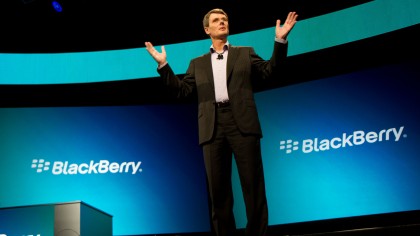
A whole bunch of acquisitions
Nokia wasn't the only firm to find itself under new ownership. Google bought crowdsourced navigation firm Waze, gesture recognition firm Flutter, wind turbine firm Makani Power, a whole bunch of robotics firms and natural language and neural networking companies; Apple bought multiple mapping firms, personal assistant Cue and Kinect creator PrimeSense; Yahoo bought Tumblr; and Facebook's acquisitions included speech translation, gaming platforms and a design agency.
How d'you like them Apples?
Apple had a pretty good year, but it wasn't without its lumps and bumps: the iPhone 5C was greeted with sighs rather than rapturous applause, and the fallout from iOS 7 is still ongoing. To some it's a brave and necessary update that brings iOS 7 bang up to date; to many more it's a design disaster that merrily hurls babies out with the bathwater.
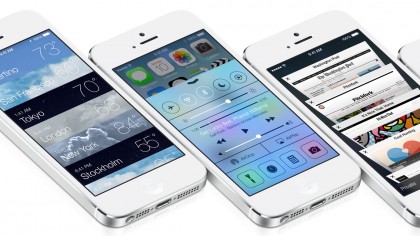
Four times the fun
Forget HD: this year was all about Ultra HD or 4K as it's also known. Pretty much every manufacturer is making truly impressive 4K TVs and projectors, and some of them decided to make everyone laugh by making 84-inch panels with prices ranging from £20,00/$30,000 to £35,000/$55,000. If you're considering a 4K TV, you might want to consider upgrading your broadband package too: Netflix plans a 4K streaming service for 2014. On the subject of which…

Netflix eats the internet
Netflix is the king of online streaming, using more global bandwidth than cat videos and piracy combined. At peak times it accounts for up to 31% of America's downstream bandwidth and 20% of Europe's. While other streaming services are available, they don't have Netflix's wide device support or ability to hit the headlines again and again. It saved Arrested Development, brought the final series of Breaking Bad to meth-crazed Brits, got Kevin Spacey to eat the scenery in House of Cards and made the critically acclaimed Orange Is The New Black too.
Sign up for breaking news, reviews, opinion, top tech deals, and more.
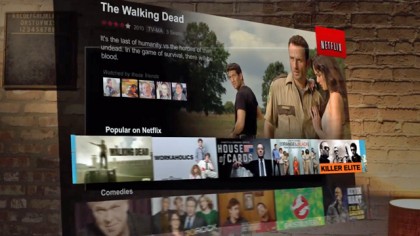
So much for Smartwatches
2013 was supposed to be the year of the smartwatch. It wasn't. The most interesting smartwatch-related development was our commenting system's profanity filters blocking the word. Samsung's Galaxy Gear was a disappointment and so was Sony's; while everybody loved the Pebble we're still waiting for wearables' great leap forwards.
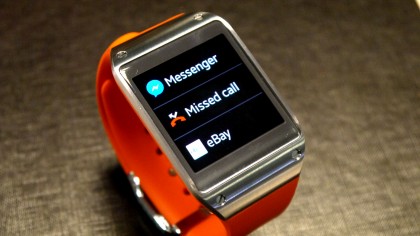
Funny money
Bitcoin was a big deal this year, the cryptographic currency causing some to claim it was money 2.0, others to call it a currency bubble and still others to pretend they were in Breaking Bad. The Bitcoin news was generally bad. The FBI closed infamous Bitcoin black market Silk Road amid allegations that its founder had attempted to assassinate a forum member, and one poor bloke in Newport ended up looking in landfills when he realised he'd thrown out an old hard disk containing £4 million in bitcoins.
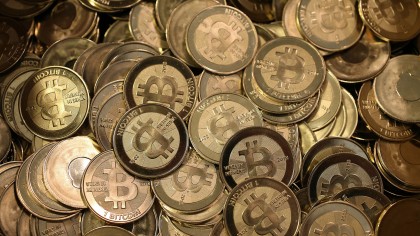
Bad wrapping
You're Google. You want a name for your latest Android. You think it'd be cool to partner with another big firm. Which company fits "don't be evil" best? That's right: Nestlé, subject of countless international boycotts for alleged bad behaviour.
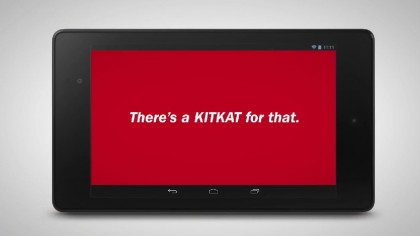
The 4th generation arrives…
EE's 4G network went live in the UK in late 2012, but it didn't reach significant numbers until 2013 - and that was when the other networks went live too, bringing the joys of fast mobile broadband and awfully expensive tariffs to smartphone fans everywhere. Ofcom and the EU have been busy in mobile too, with moves to make 0800 calls free on mobiles and to scrap international roaming charges, but network Three beat them to it: customers travelling to the US won't pay roaming charges to use their phones there.

Contributor
Writer, broadcaster, musician and kitchen gadget obsessive Carrie Marshall has been writing about tech since 1998, contributing sage advice and odd opinions to all kinds of magazines and websites as well as writing more than twenty books. Her latest, a love letter to music titled Small Town Joy, is on sale now. She is the singer in spectacularly obscure Glaswegian rock band Unquiet Mind.